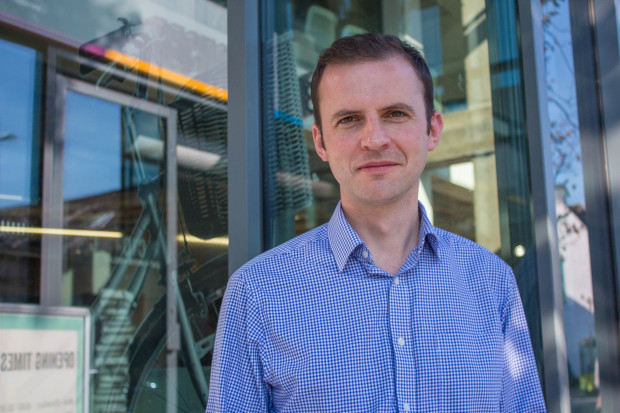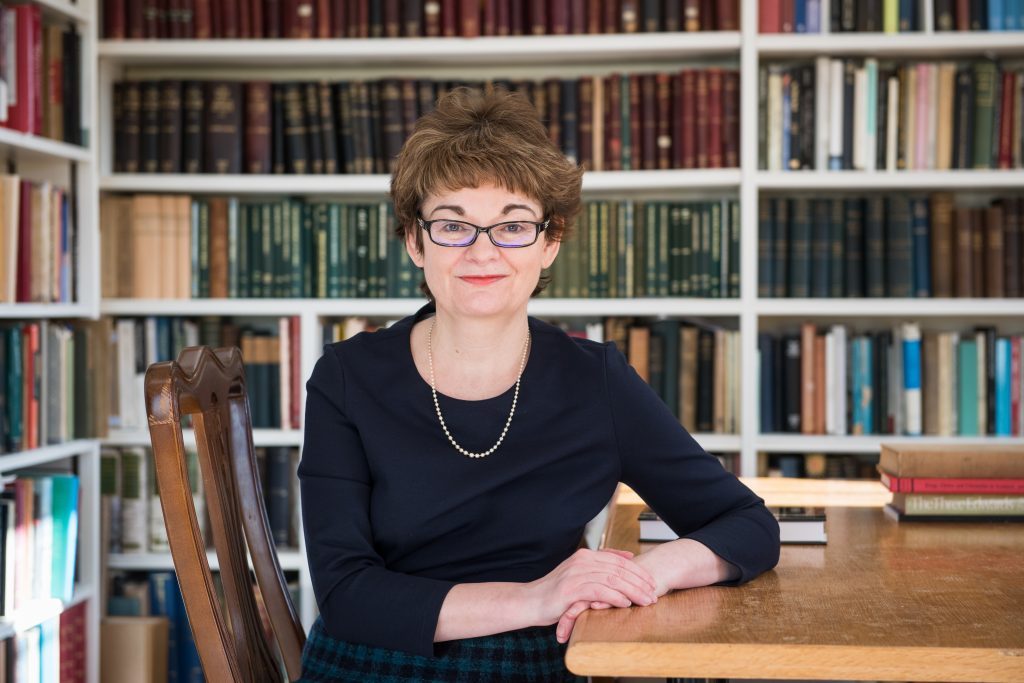Local universities could lose millions of pounds worth of funding crucial to their very futures when the UK leaves the European Union, it can be revealed.
Figures obtained by The Courier show that 20% of St Andrews University’s research funding comes from the EU, worth around £8m every year.
At Dundee, the same amount of money came in during 2015/16 and cash from Brussels usually provides around 10% of its research income, with the main sources being the Horizon 20/20 programme and the Innovative Medicines Initiative.
Abertay University has received around £170,000 in European funding so far in 2016/17, according to a Freedom of Information request.
The UK Government has guaranteed funding will continue for existing EU research projects, even after the country leaves the European Union, and academic sources in both Dundee and Fife are keen to explore the possibility of exploring new opportunities to generate income.
Despite this, Stephen Gethins, the SNP’s Europe spokesman, argued there are still “very significant questions over future funding for our universities”.
The North East Fife MP, who studied at Dundee University, pointed out the institute had been “one of the drivers in the regeneration of the city”.
He said: “Our Universities in Dundee and St Andrews are renowned throughout Europe for their academic excellence and expertise. That is why they attracts millions of pounds of EU Research funding in recognition of the wide range of work being carried out that benefits us all.
“Our Universities also attract talented researchers and students from across the EU who make communities in Fife and Tayside a better place to live, work and study. Tory plans for a Hard Brexit will put that under threat.”
In her installation address last November Professor Sally Mapstone, the St Andrews University principal, said 22% of her academic staff, and 31% of research staff, are from European Union countries.
Later in her address she added: “There is still much to argue for within the Brexit negotiations in the key areas of staff and student mobility; research funding; and fee status.”
Questioned at a Holyrood Committee on post-Brexit education funding David Mundell, the UK Government’s Scottish Secretary, said: “What we do have is a government white paper which emphasises the importance which is put into science and research.”
The UK Government’s white paper says: “For bids made directly to the Commission by UK organisations (including for Horizon 2020, the EU’s research and innovation programme and in funds for health and education), institutions, universities and businesses should continue to bid for funding.
“We will work with the Commission to ensure payment when funds are awarded. HM Treasury will underwrite the payment of such awards, even when specific projects continue beyond the UK’s departure from the EU.”












